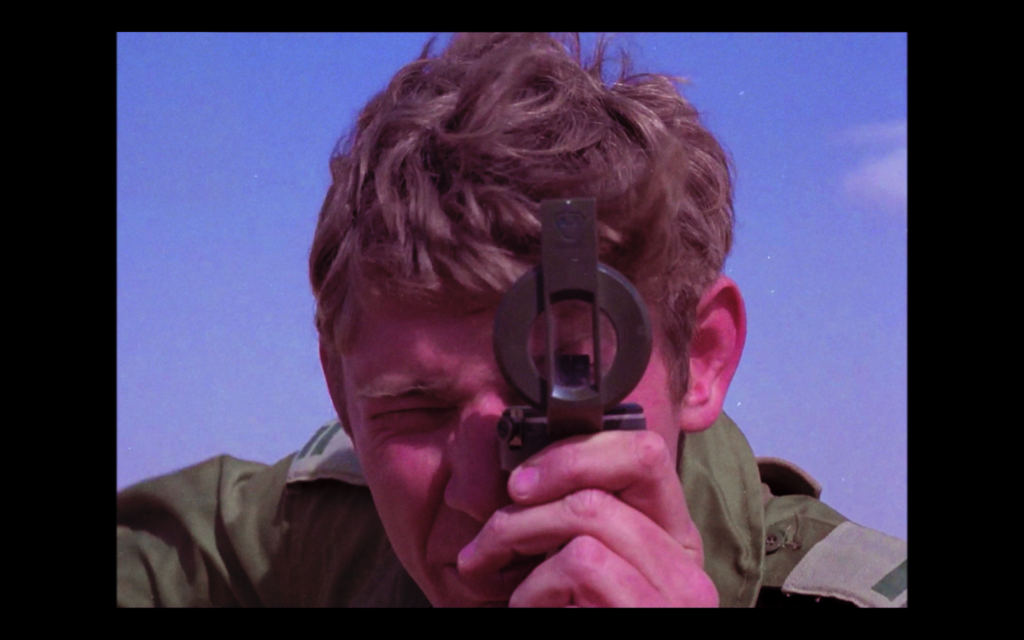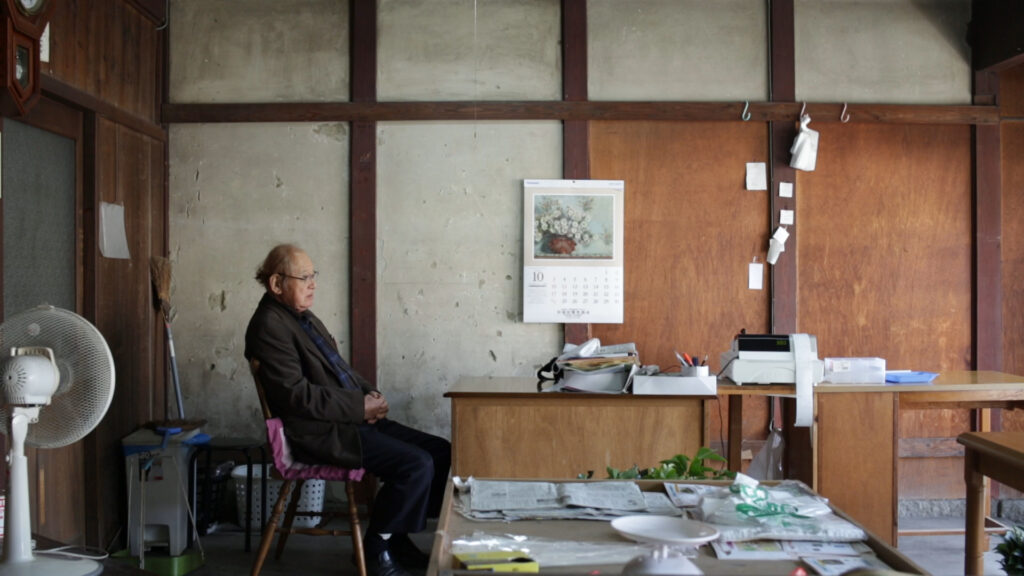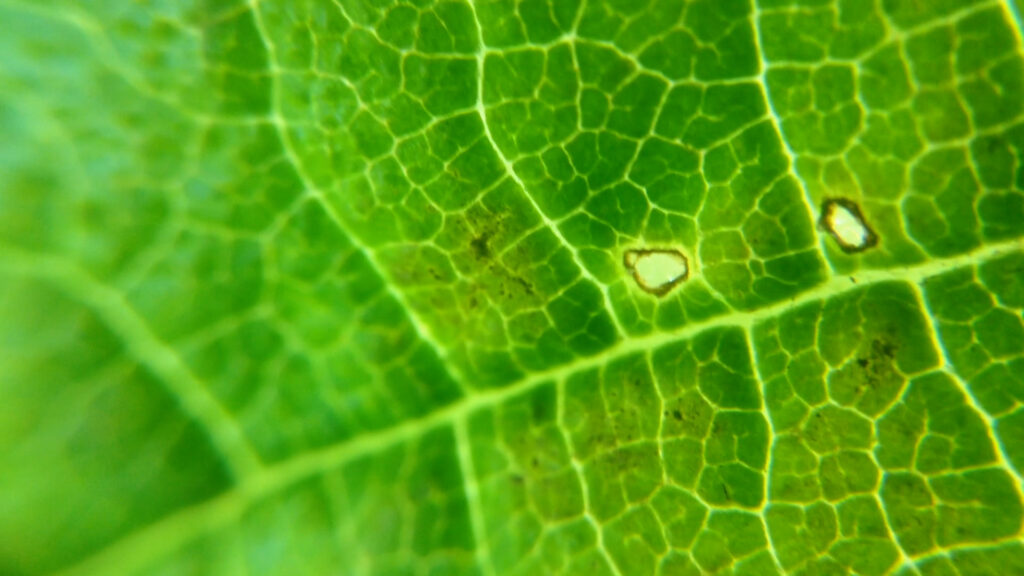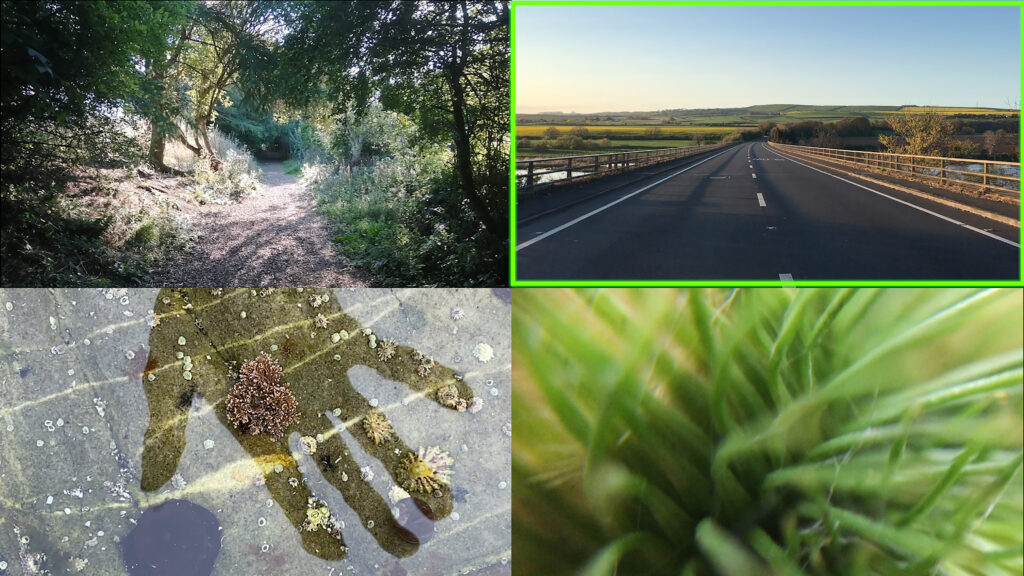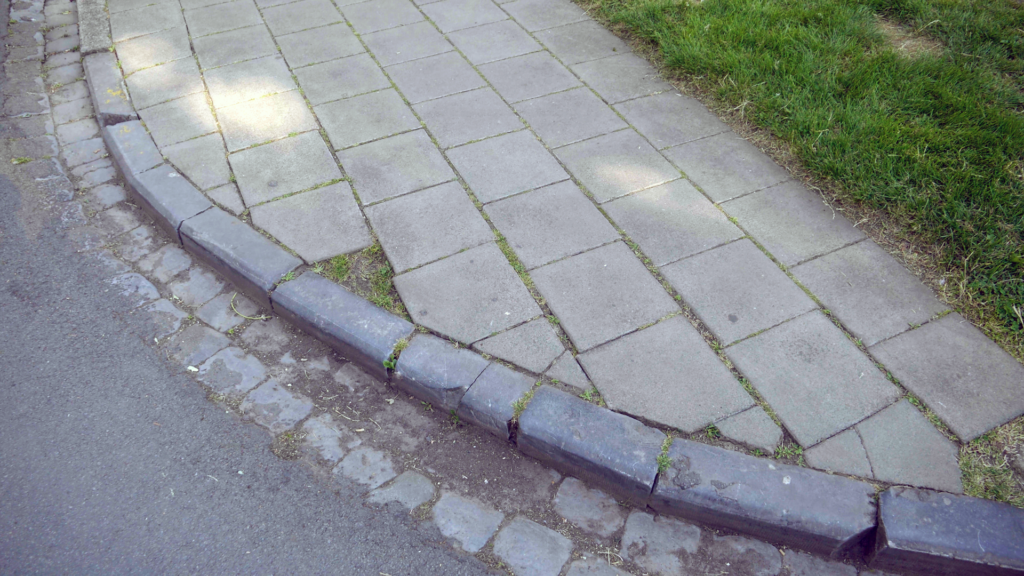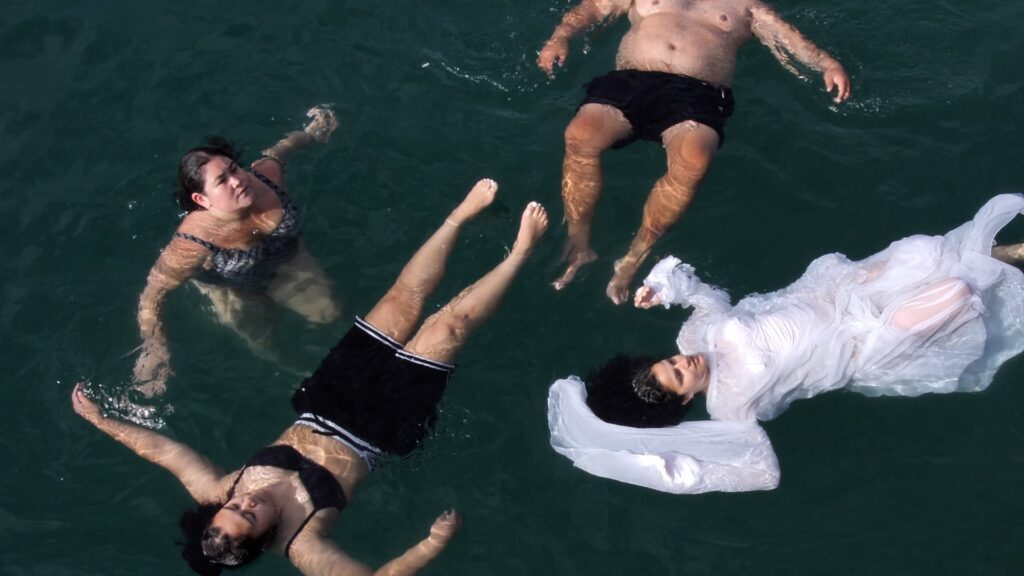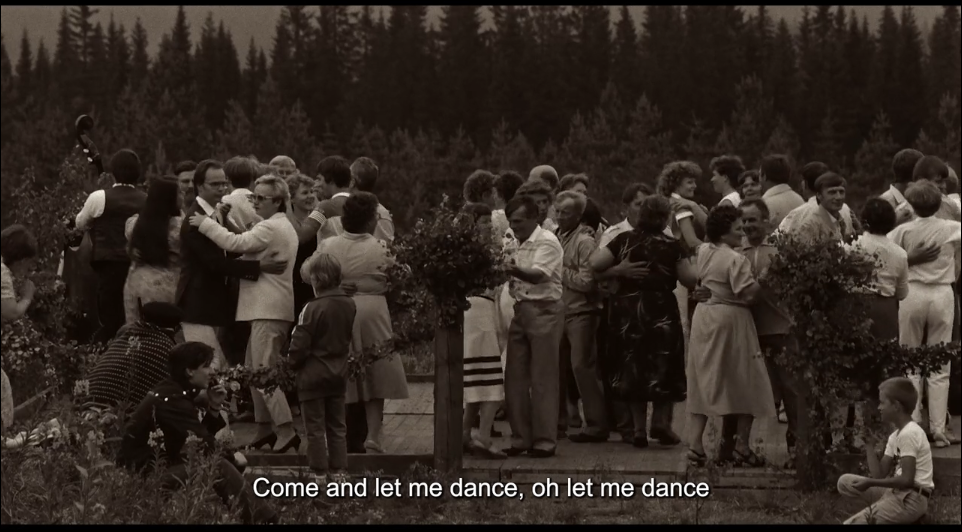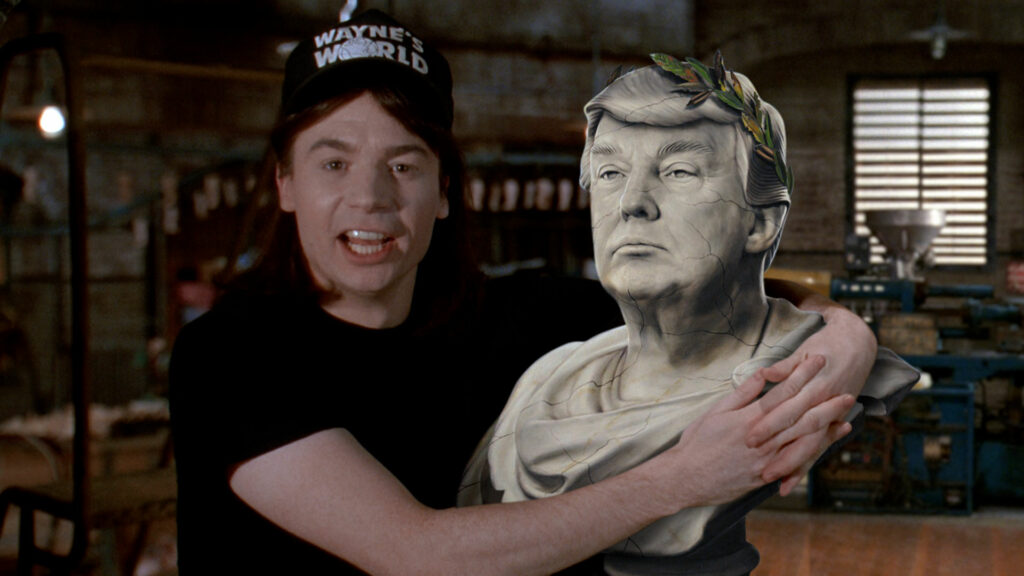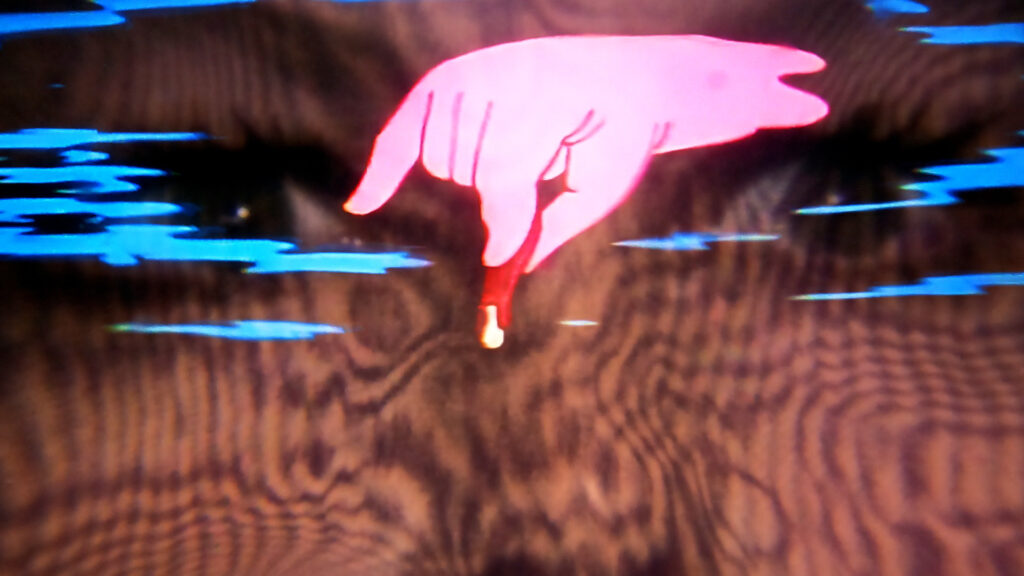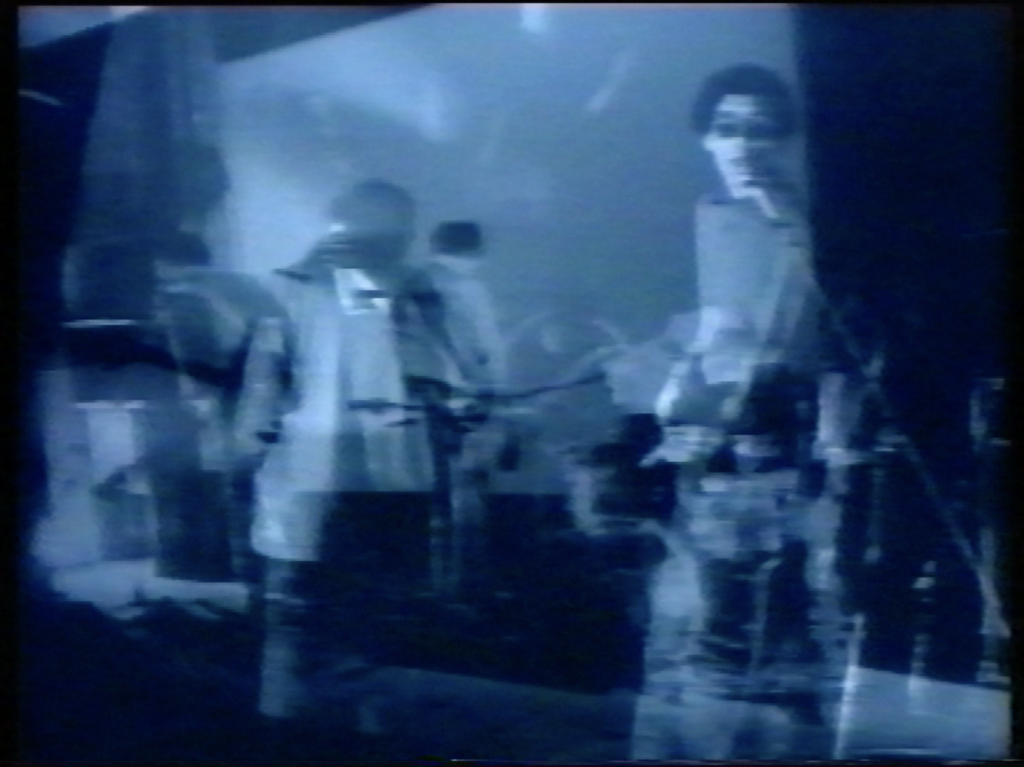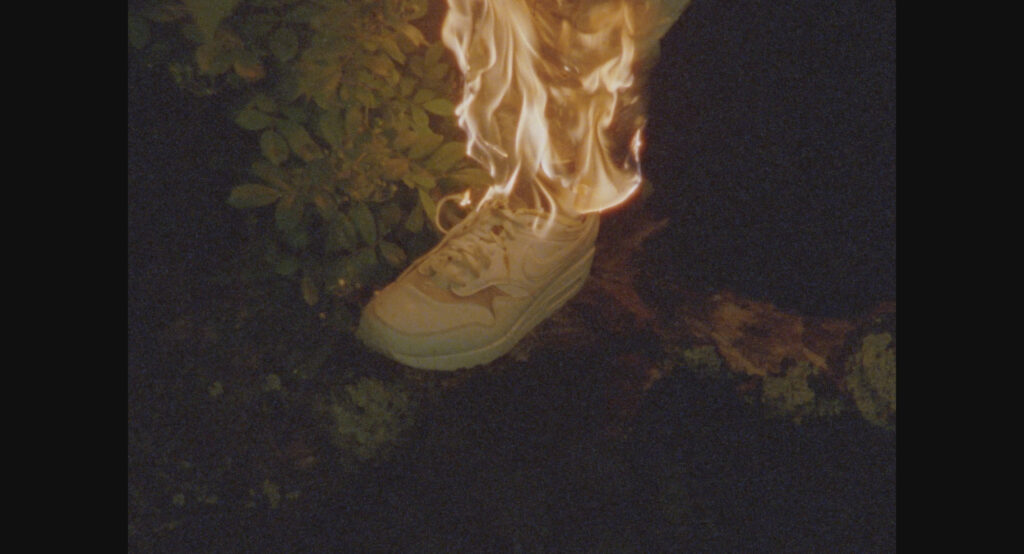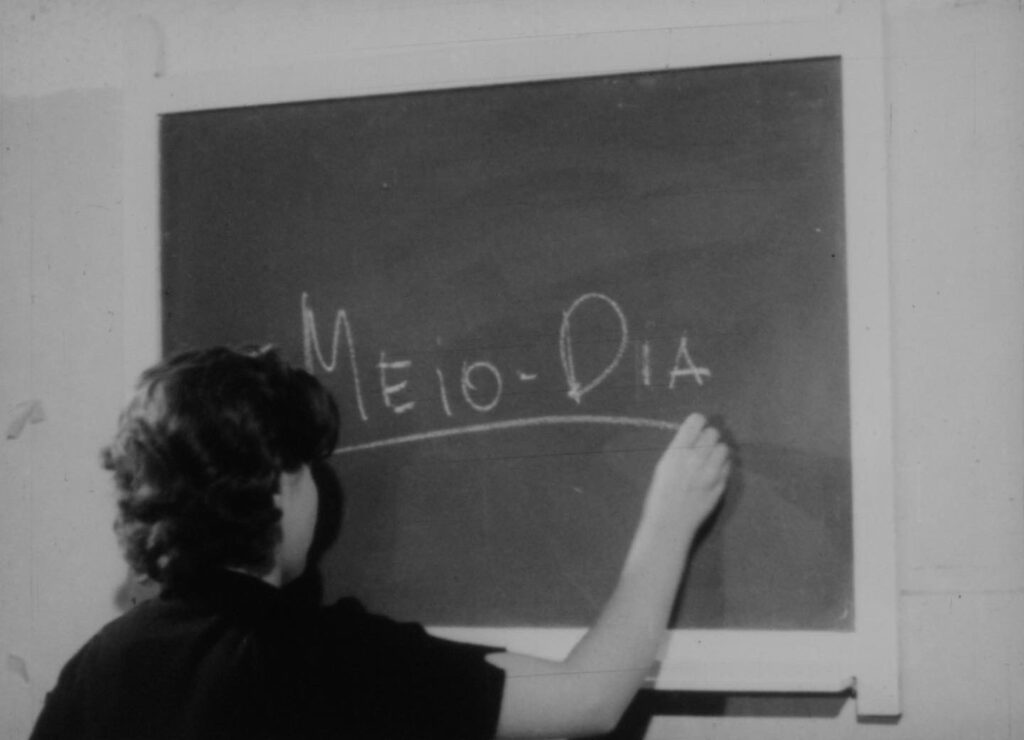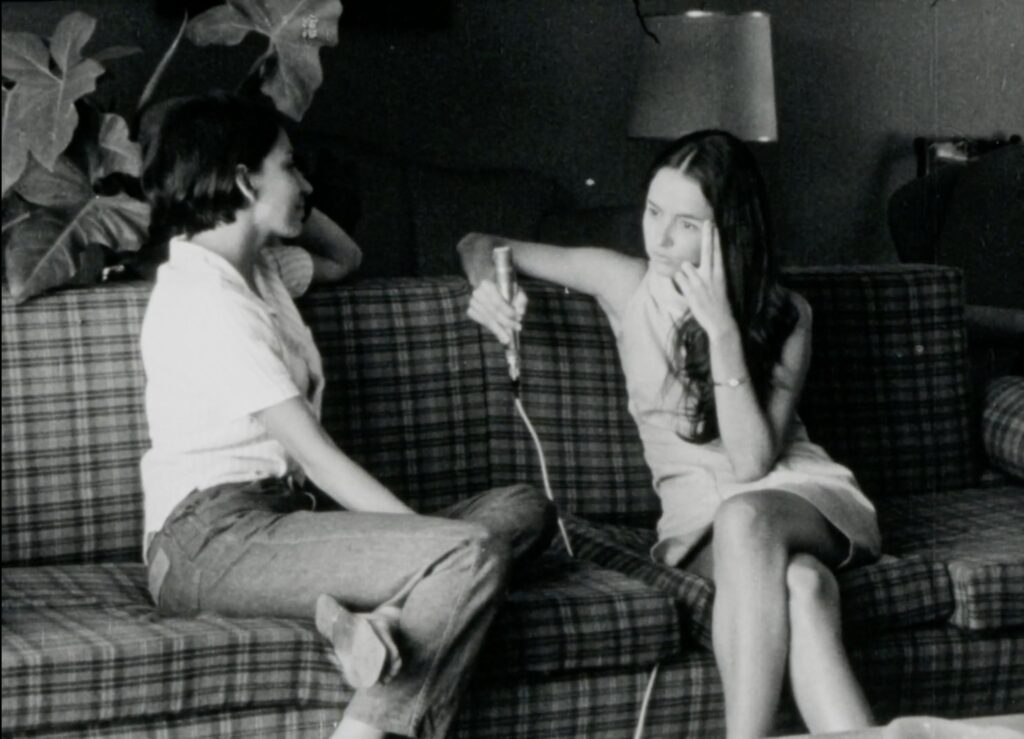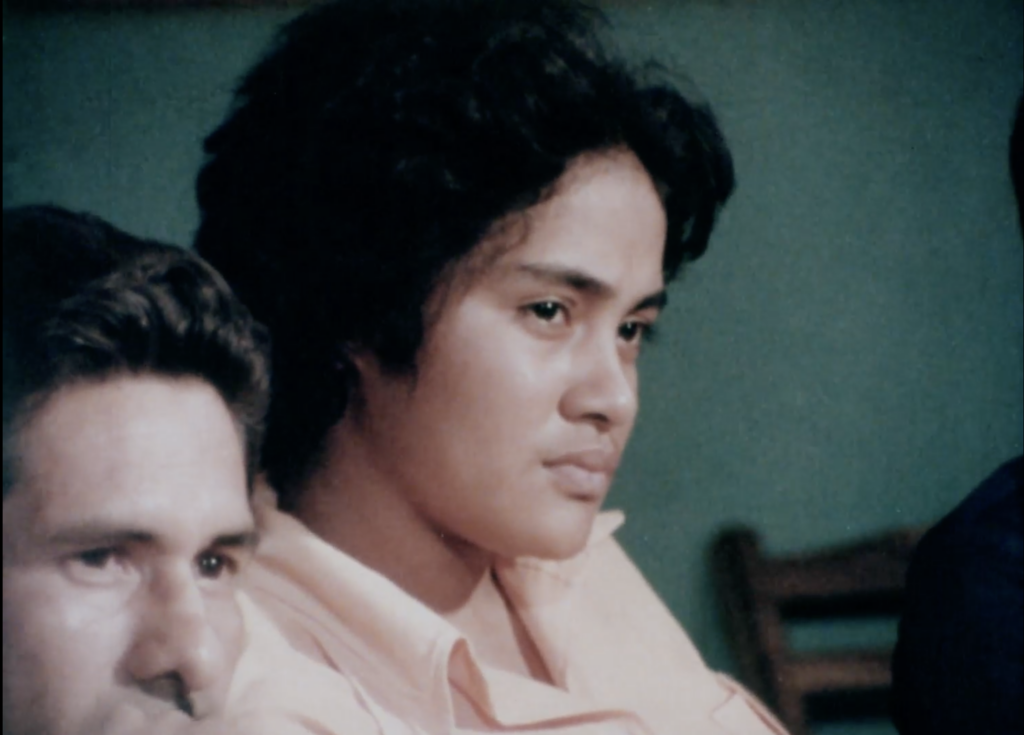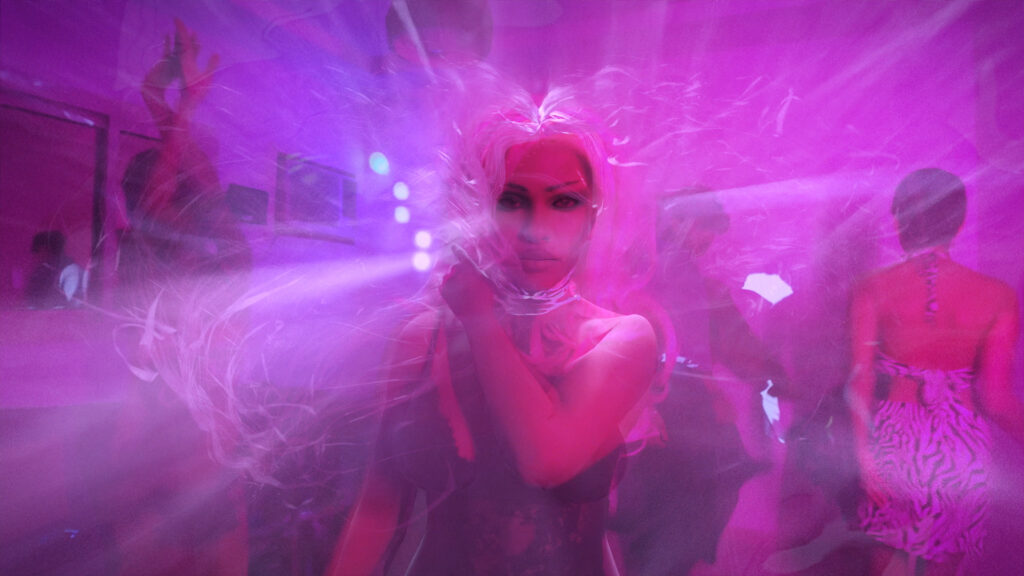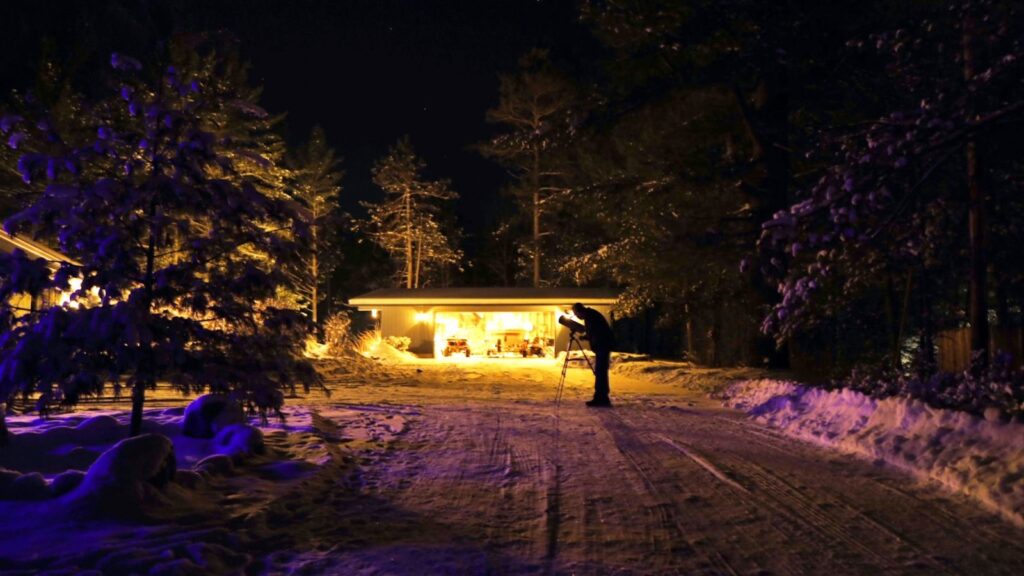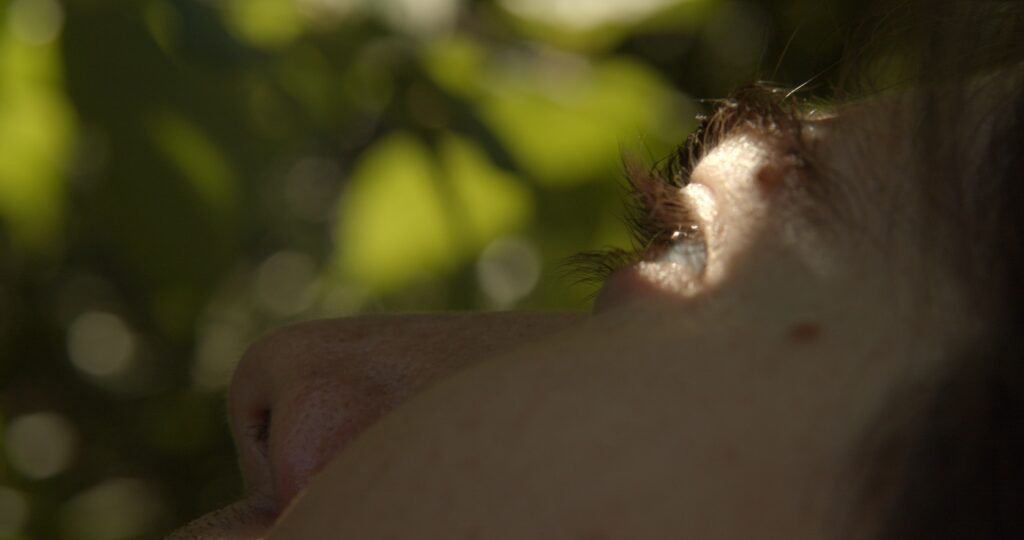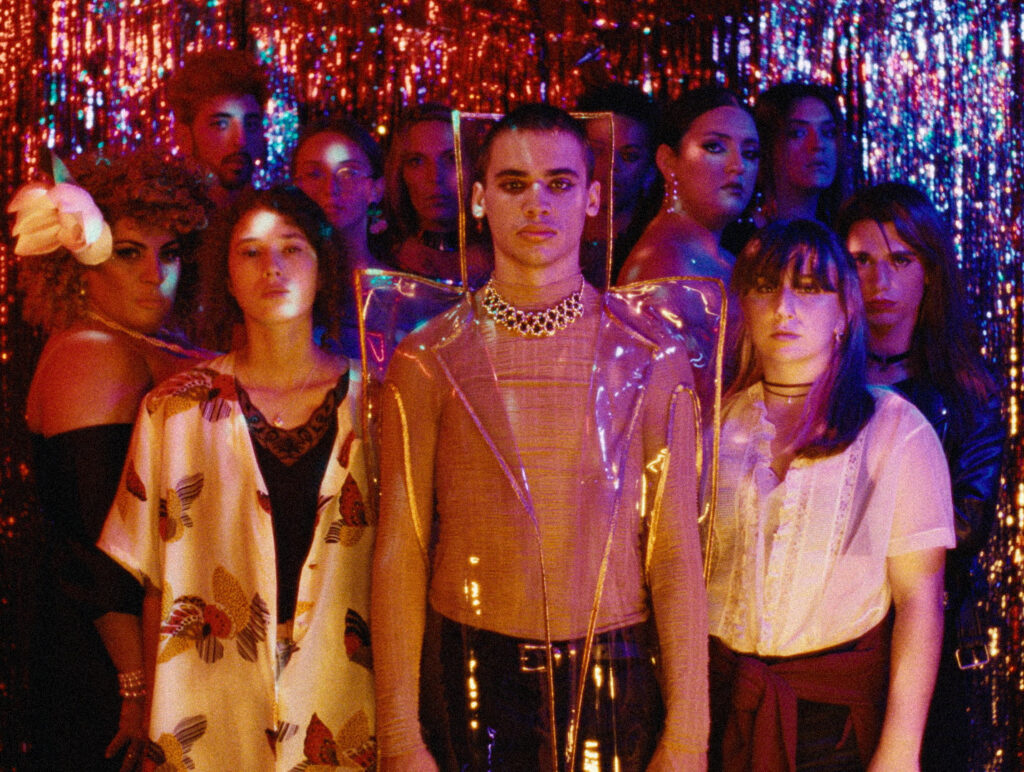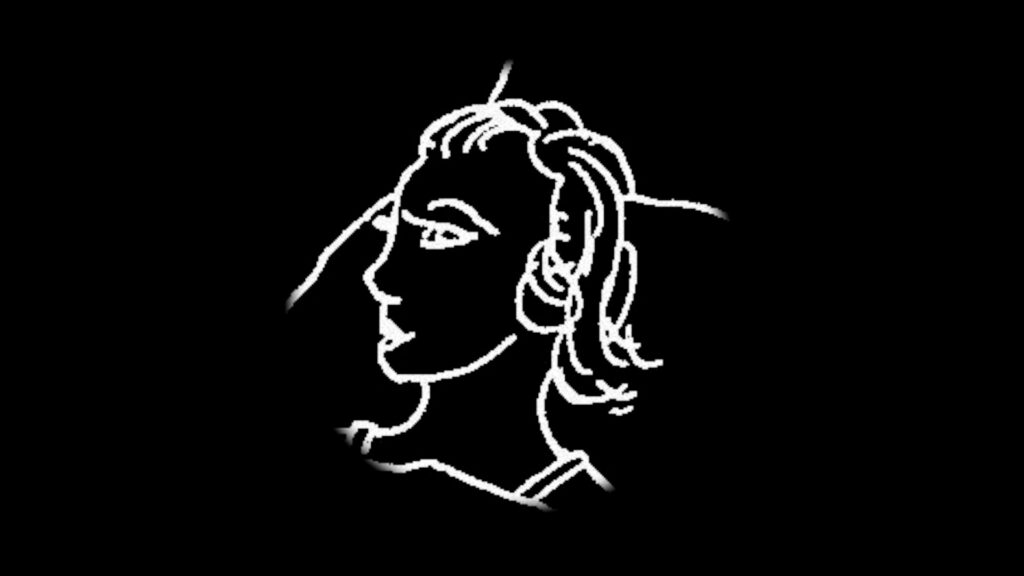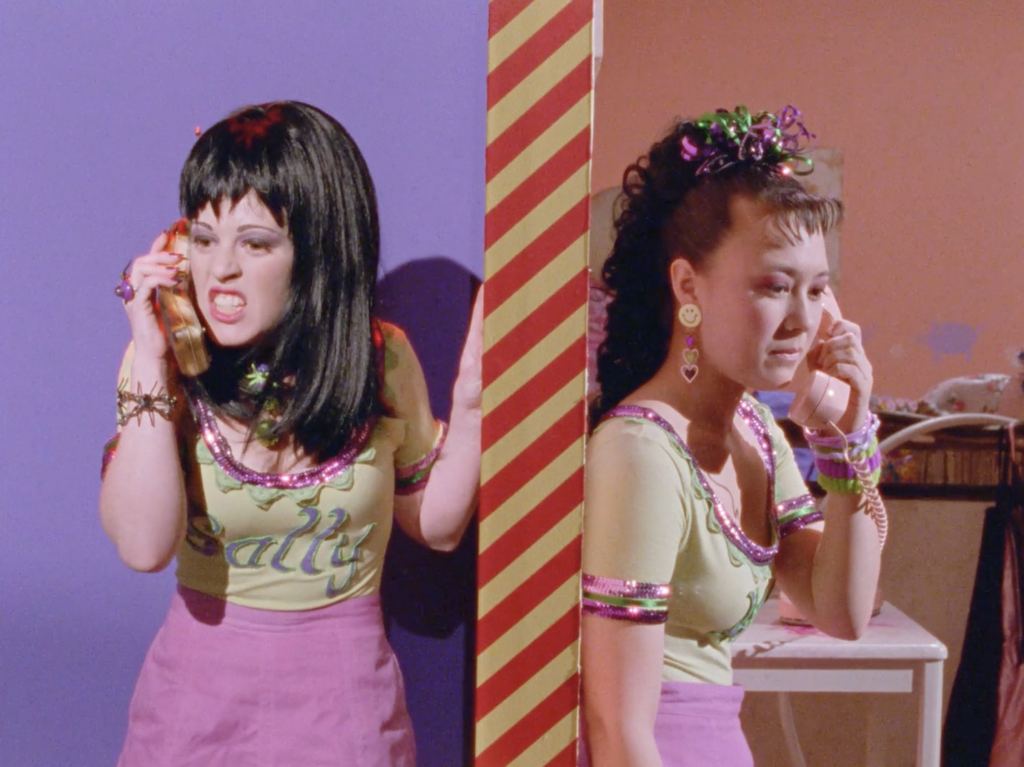As chilling as it is absurd, Kamal Aljafari’s Paradiso repurposes found footage from Israeli military propaganda and turns it into a fictional drama of men playing at war. Aljafari takes the title from a short story by Borges and describes the work as a “cinematic self-portrait” – questioning our interpretation of screen violence, its relationship to real-world horrors, and troubling our positionality as spectators.
A quiet, atmospheric portrait of an elderly store owner in the small town of Yagi, Kyoto Prefecture. Yu Araki’s camera carefully observes the curiously named Mr. Yagi’s daily routine and interactions with local customers during the last autumn season for his shop, which is no longer in business. Documenting the passage of time in parallel with processes of depopulation, the title Tempo conjures a double meaning; playing on the Japanese word “tenpo (店舗)” which means “store”.
SCREENTIME brings together Everyday Apocalypse (2020) and In10ded Ten: The Fate of The Middle Place (2021), two short films made by young Berwick filmmakers – Kyra, Sam, Jaimee, Ben and Christopher, Ebba, Lara, Violet with Kimberly O’Neil. Through a series of online and in-person workshops, the filmmakers experimented with digital filmmaking and documentary techniques to produce films exploring the relationship between people, technology, and the local environment.
Belgian filmmaker and cinematographer Fairuz Ghammam’s warm, generous work explores aspects of (auto)biography, shared authorship, and collaborative practices.
Staged as a walk through her hometown, Kortrijk, Culture riffs on these themes, sewing kernels of family history through a narrative, and a gaze, that oscillates between private and public space. How many memories and storylines can coexist?
Drawing on the filmmaker’s experiences growing up in a large Samoan family in the largely Pākehā populated region of Nelson, Hidden Amongst Clouds newly imagines stories of Samoan mythology and questions the moral virtues they uphold. The work embraces a 1990’s aesthetic, harking back to supernatural fantasy television series and their embedded symbolisms, reflecting Ulutupu’s ongoing interest in themes of belonging and the importance of recontextualising and reimagining narratives of colonial stereotypes.
Christopher Ulutupu is an artist of Samoan/Niuean/German descent currently residing in Wellington. Through a richly pop, queer and celebratory Pacific lens he creates new narrative forms opening up conversations around collaboration, connection, and disconnection. The Pleasures of Unbelonging is a new commission presented by CIRCUIT with support from TAUTAI, Creative New Zealand and BFMAF. Following its world premiere screening Christopher will be in conversation with May Adadol Ingawanij, Professor of Cinematic Arts at University of Westminster.
With understated precision, Markku Lehmuskallio’s The Blue Mammy focuses on the sensitive interplay between sound and image while unfurling a story surrounding Joel, a deaf painter who lives in a small village in Lapland. While he has trouble fitting in with the community of people around him, Joel communes with nature and speaks nonverbally with a spirit. The film distils a wealth of provocative ideas—around artistic creation, alternative forms of communication and the importance of the natural world to human animals—into a stunning filmic tone poem.
Renegade remixologists Soda Jerk return with Hello Dankness, a bent suburban musical comprised entirely of pirated film samples that bears witness to the psychotropic cultural spectacle of the period 2016 to 2021. Set in the American suburbs, the film follows a neighbourhood as consensus reality disintegrates into conspiracies and other political contagions. Part political satire, zombie stoner film, and Greek tragedy, Hello Dankness is also informed by the encrypted memetics of contemporary internet culture.
A series of hypnotic, fragmentary encounters reflecting on creativity, desire, identity and transformation. Forms of transgressive potentiality are explored through poppers training videos, VHS tapes documenting an esoteric musical subculture, and a night of ritual shapeshifting in a Boston parking lot.
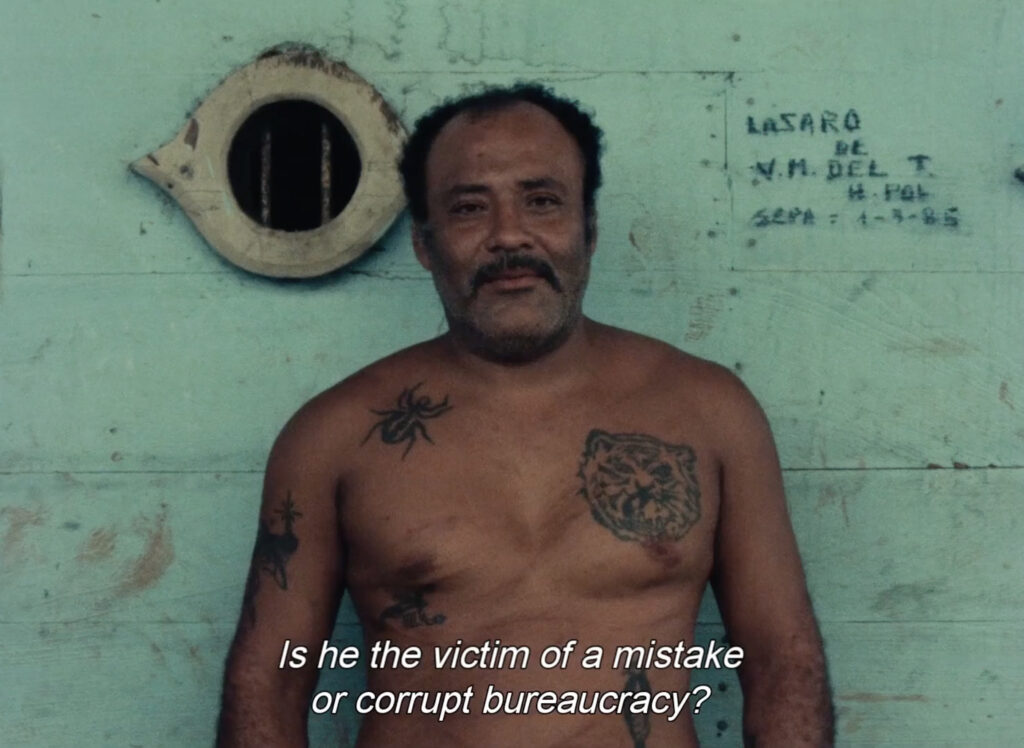
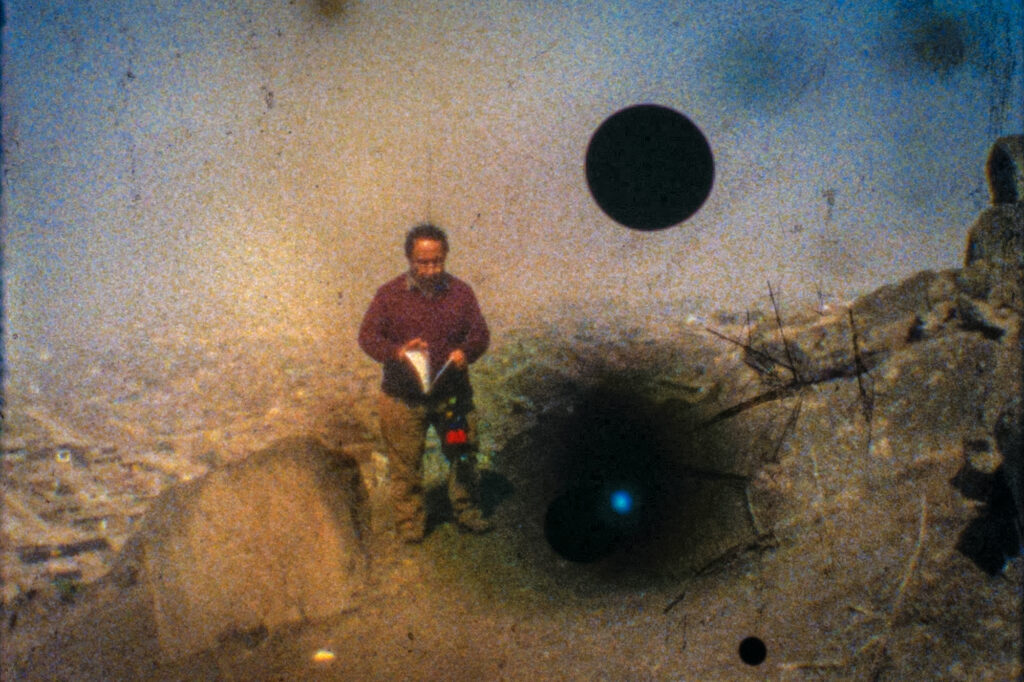
Sepa: Our Lord of the Miracles • After the Dust
A pairing of films made in Peru exploring the politics and poetics of justice, liberty, remembrance and forgetting. Walter Saxer’s Sepa: Our Lord of the Miracles traces stories of people lost to the enclosed reality of the prison system, whilst Colectivo Silencio’s After the Dust reanimates voices of resistance often-willingly forgotten within the enclosed system of the nation state.
Science meets speculative fiction in artist Deborah Stratman’s poetic, associative reflection on evolution and extinction from the point of view of rocks and various future others. Loosely based on two short stories by J.-H. Rosny, considered one of the founding figures of modern science fiction, and thinking with figures from Roger Caillois to Donna Haraway, Stratman troubles the limits of human perception, mining the farthest reaches of the biosphere for (im)material traces that bind past, present, and future.
A presentation of Helena Solberg’s debut short films (1966-69) alongside her 1982 feature From the Ashes: Nicaragua Today which brings a multi-layered feminist perspective to a political and societal portrait of the country following the 1979 insurrection that overthrew the Somoza dictatorship. Her shorts, made during one of the most repressive moments of the Brazilian military dictatorship, examine the unliveable conditions experienced by communities under oppression and emphasise women’s agency as active protagonists in the living and telling of their own stories.
Inner and outer space interpolate in this series of films exploring relational dynamics between public and private worlds. Instagram filters, YouTube tutorials, dating apps and a wearable eye tracker become interfaces through which to perceive shifting notions of bodily autonomy in contemporary life.
Cláudia Varejão’s debut fiction film is a luminous ode to queer communities on the Azores island of Sao Miguel. Culturally specific and delicately nuanced, Wolf and Dog follows protagonist, Ana, as she navigates the stifling forces of religion and tradition in pursuit of the passions and butterflies of new desire. Mirroring Ana’s journey of self-discovery, Varejão’s initially observational style slowly gives way to something more lush and experimental, capturing the gentle unfolding of young love finding its first voice.
What is to be done when our homes and our dreams have been invaded? Graeme Arnfield’s nightmarish essay film traces the curious history of the doorbell, from its invention and reinventions through 19th century labour struggles, to the nascent years of narrative cinema and contemporary surveillance cultures. Home Invasion paints a terrifying portrait of technological ideologies and imaginaries shaping our everyday lives, staging a confrontation with the reality of machines and systems that work against us, hindering the emergence of radical futures.
Subterranean Sound and GRDN’s off-kilter DJ, event organiser and party-pusher, Noodle, invites you to show your bones on the dance floor and work your way through a loose, playful, potent hit of minimal, bouncy, bass-driven breaksy sounds.
Funny, gross and outrageously over-the-top, Jon Moritsugu’s cult classic is a maximally irreverent slice of early 90s punk culture satirising representations of the Japanese-American family unit. Newly restored from eyeball-scorching Panavision, this is Moritsugu’s Asian freak-out magnum opus that shocked America when it was broadcast on television in the mid-90’s. The director himself plays twins (a drug-dealing bad-ass and a closeted math nerd) in a radically dysfunctional family that completely obliterates the noble myth of the “model minority”.






